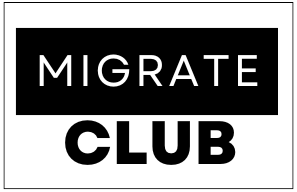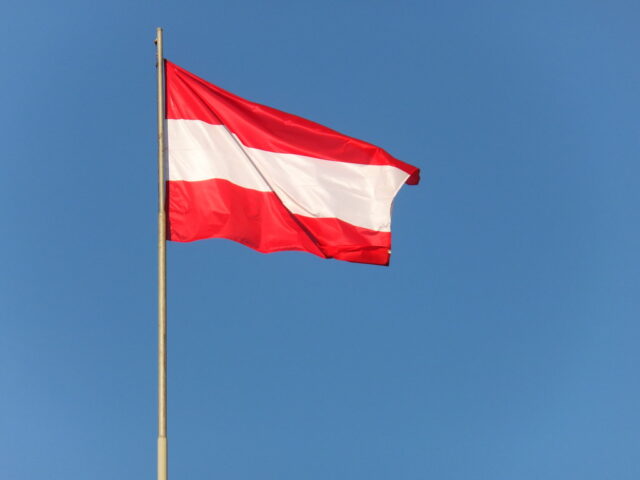Austria is experiencing a significant increase in job vacancies, with an average of 196,400 unfilled positions reported in the first quarter of 2024, according to Statistics Austria. This marks an 8.5% rise from the previous quarter’s 181,000 vacancies, highlighting a growing demand for labor, especially in the service sector. This upward trend reflects the country’s robust economic health and the increasing need for skilled professionals across various industries.
Job Vacancies by Sector
The breakdown of job vacancies in Austria includes:
- Service Sector: 113,200 vacancies
- Manufacturing Sector: 46,100 vacancies
- Public Sector: 37,100 vacancies
The service sector, in particular, has seen a substantial increase in demand, underscoring the importance of roles such as nurses, cooks, and other service-related positions. The manufacturing and public sectors also show significant needs, highlighting opportunities for individuals with a diverse range of skills and expertise.
Opportunities for Foreign Professionals
This surge in job openings presents a significant opportunity for foreign professionals, particularly in critical roles such as nurses, plumbers, and carpenters. Austria’s labor market faces shortages in various sectors, offering numerous opportunities for skilled workers. The increasing demand for labor in these areas provides a promising outlook for those seeking employment in Austria.
High-Demand Occupations
According to the latest EURES report, the following occupations are in high demand:
- Service Sector: Nursing professionals and cooks
- Manufacturing and Engineering: Electrical mechanics, motor vehicle mechanics, welders, and flame cutters
- Construction and Trades: Plumbers, pipefitters, carpenters, and joiners
- Technical and Engineering: Electronics engineering technicians and systems analysts
The high demand for these roles indicates a thriving job market for skilled professionals. Nurses and cooks are particularly needed in the service sector, reflecting the growing healthcare needs and hospitality industry expansion. In the manufacturing and engineering sectors, the demand for electrical mechanics and motor vehicle mechanics highlights the need for technical skills to support industrial growth. Construction and trade professionals, such as plumbers and carpenters, are essential for the country’s infrastructure development. Technical and engineering roles, including electronics engineering technicians and systems analysts, are critical for advancing Austria’s technological capabilities.
Visa Options for Non-EU Citizens
Austria offers several visa options for non-EU citizens aiming to work in the country. Each visa type caters to specific employment needs, with distinct purposes, durations, and criteria. Here are the primary visa options:
- D Visa (Long-term Visa): Designed for non-EU citizens planning to work in Austria for more than 90 days. This visa requires an employment contract or job offer from an Austrian employer, proof of accommodation, sufficient financial means, and health insurance coverage. The D Visa is suitable for individuals who have secured a job and plan to stay in Austria for an extended period.
- Red-White-Red Card Visa: Popular among highly skilled workers from non-EU countries, this visa combines a residence permit and a work permit, valid for up to two years. Applicants are assessed based on qualifications, work experience, age, and language skills. The Red-White-Red Card is an attractive option for professionals who meet the eligibility criteria and are seeking long-term employment opportunities in Austria.
- EU Blue Card: Aimed at highly qualified non-EU citizens, the EU Blue Card allows individuals to work in Austria and other EU member states. It requires high educational qualifications, an employment contract with a salary at least 1.5 times the average gross annual salary in Austria, and proof of adequate health insurance and housing. The EU Blue Card is ideal for professionals with advanced degrees and significant work experience.
- Job Seeker Visa: This visa allows highly qualified non-EU citizens to stay in Austria for six months while seeking employment. Applicants must demonstrate their qualifications, relevant professional experience, financial means, and health insurance. The Job Seeker Visa is beneficial for those who have not yet secured a job but have the necessary skills and experience to find employment in Austria.
Salary Expectations and Living Costs
Austria offers competitive salaries, making it an attractive destination for skilled professionals. The average annual salaries for high-demand roles include:
- General Practitioners: €162,974
- Registered Nurses: €69,552
- Electrical Engineers: €75,384
- Automotive Mechanics: €43,001
- Plumbers: €53,688
These competitive wages reflect the high value placed on skilled professionals in Austria. General practitioners, for example, earn a substantial salary, highlighting the critical role of healthcare professionals in the country. Registered nurses and electrical engineers also enjoy attractive salaries, underscoring the demand for their expertise. Automotive mechanics and plumbers, while earning slightly less, still benefit from competitive wages that reflect their essential contributions to the workforce.
Despite the competitive wages, Austria is known for its relatively high living costs. It ranks as the 19th most expensive country globally and 7th in Europe. Monthly expenses vary significantly by location, with city center accommodations being more expensive than those outside the city center. For example, living in Vienna, the capital city, is more costly than residing in smaller towns or rural areas. However, the high quality of life, excellent public services, and vibrant cultural scene often justify the higher living expenses.
Conclusion
Austria’s growing job market presents numerous opportunities for foreign professionals, particularly in high-demand sectors such as healthcare, manufacturing, construction, and technology. With various visa options available, non-EU citizens have multiple pathways to secure employment and contribute to Austria’s economy. The competitive salaries, although balanced by high living costs, make Austria an attractive destination for skilled workers seeking new career opportunities. By understanding the job market dynamics, visa options, and salary expectations, foreign professionals can make informed decisions about working and living in Austria.
This comprehensive overview of Austria’s job market highlights the potential for growth and development for foreign professionals. By leveraging the opportunities available, individuals can build successful careers in one of Europe’s most dynamic and economically stable countries.

























